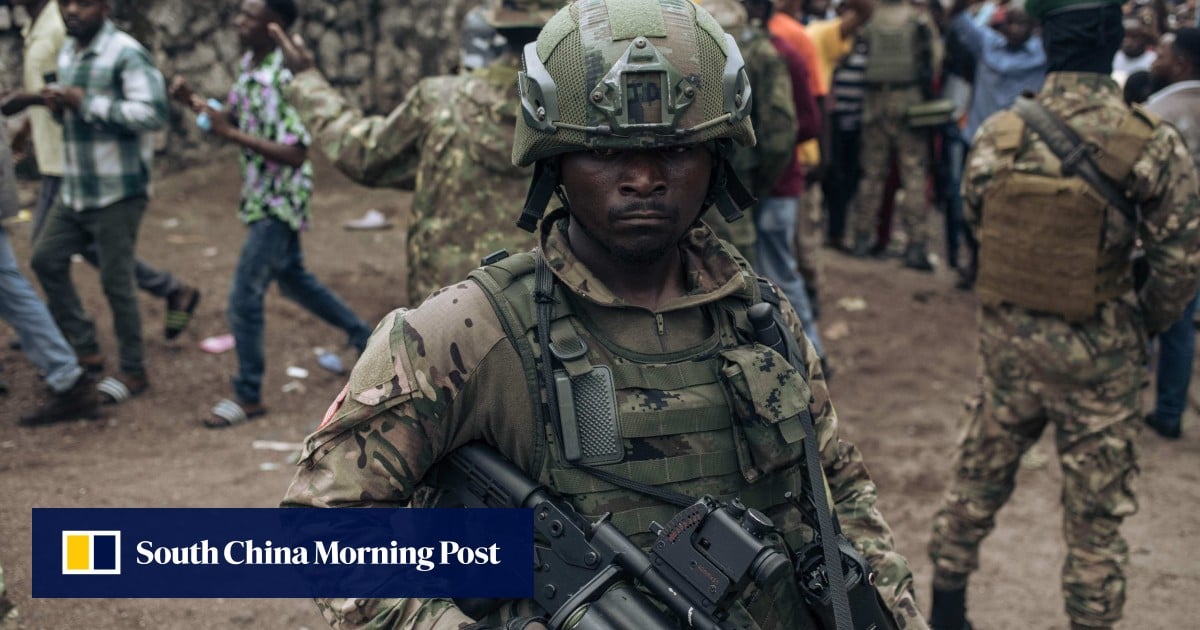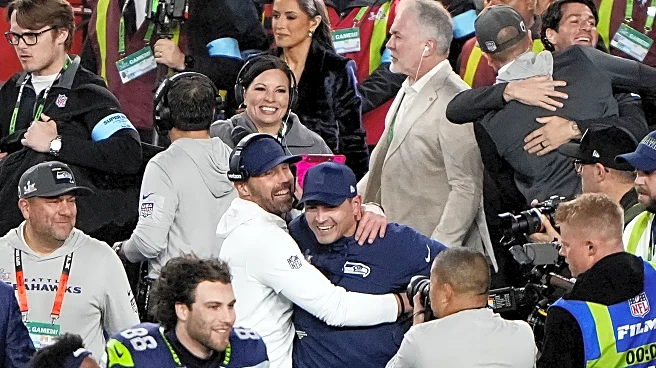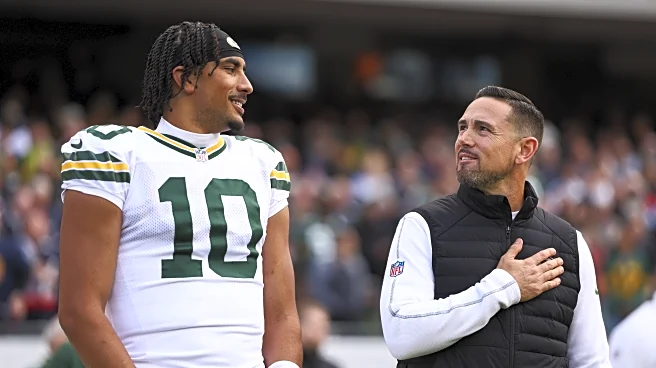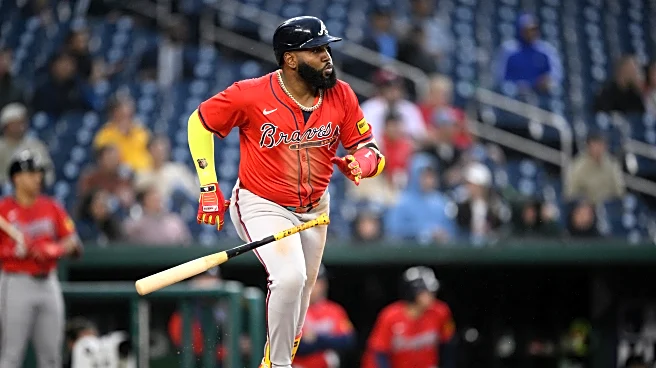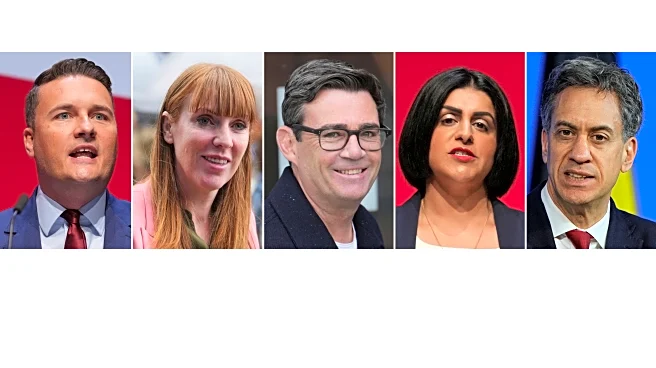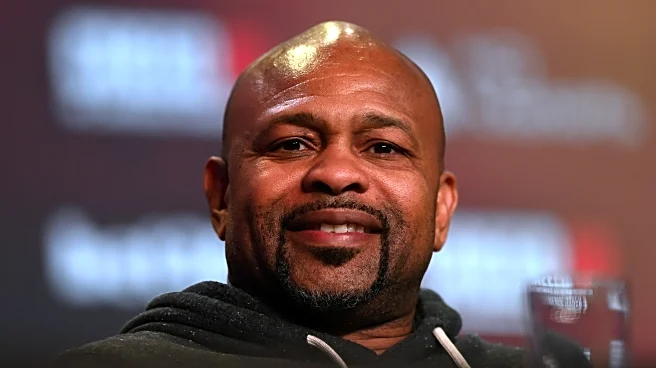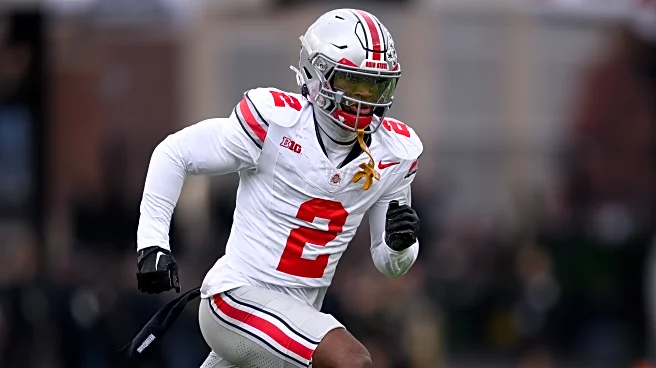In a significant breakthrough towards lasting peace, the Democratic Republic of Congo (DRC) and the M23 rebel group have signed a declaration of principles in Qatar, aiming to halt decades of conflict
Did You Know
Koalas have fingerprints like humans.
?
AD
that has ravaged eastern Congo. This agreement, reached after extensive mediation efforts by Qatari officials, marks a historic moment as both parties commit to a permanent ceasefire and outline plans for a comprehensive peace deal to be finalized no later than August 18, 2025. This development shines a glimmer of hope in a region long devastated by violence and instability.
The conflict in eastern Congo is notorious for its complexity, driven by fierce competition over rich mineral resources, deep-seated ethnic tensions, and the influence of neighboring countries, especially Rwanda, which has backed the M23 group. This multifaceted war has resulted in a severe humanitarian crisis, with millions displaced and countless lives lost. The new ceasefire agreement symbolizes a turning point, as it not only aims to stop active hostilities but also necessitates the withdrawal of M23 rebels from previously occupied territories, suggesting a tangible path toward stability.
As negotiations continue and key details are ironed out, the international community remains watchful, hopeful that this declaration will foster an environment conducive to peace and recovery. The commitment of both parties to end the fighting reflects a deeper desire for resolution, signaling the possibility of healing for the communities that have suffered for far too long. With a peace deal on the horizon, there is a chance for a brighter, more stable future for the people of eastern Congo.
Q&A (Auto-generated by AI)
What are the roots of the Congo conflict?
The roots of the Congo conflict trace back to the colonial era, particularly Belgium's exploitative rule, which left a legacy of ethnic divisions and weak governance. Post-independence in 1960, political instability and dictatorship under Mobutu Sese Seko exacerbated tensions. The Rwandan Genocide in 1994 further complicated matters, as millions of refugees, including Hutu militants, fled to eastern Congo, igniting conflicts with local Tutsi populations and leading to the rise of armed groups like M23. This ongoing struggle has been fueled by competition for mineral resources and external influences, particularly from neighboring countries.
How does Qatar mediate peace talks?
Qatar has gained a reputation as a neutral mediator in international conflicts, leveraging its diplomatic relationships and resources. In the case of the Congo conflict, Qatar facilitated negotiations between the Democratic Republic of Congo and the M23 rebel group, providing a neutral ground for dialogue. The Qatari government has hosted discussions aimed at establishing a ceasefire and a permanent peace agreement, emphasizing its commitment to conflict resolution and stability in the region. This mediation reflects Qatar's broader foreign policy strategy of engaging in peace processes across the Middle East and Africa.
What is the role of M23 in this conflict?
The M23, or March 23 Movement, is a rebel group primarily composed of Tutsi fighters, formed in 2012. It emerged in response to grievances regarding the treatment of Tutsis in Congo and alleged government failures to implement a previous peace agreement. M23 has been involved in significant violence and territorial control in eastern Congo, often accused of human rights abuses. The group's actions have drawn regional attention, particularly from Rwanda, which is accused of supporting the rebels. The recent declaration of principles aims to address the group's role and facilitate a peaceful resolution.
What impact does this ceasefire have on civilians?
The ceasefire agreement aims to alleviate the severe humanitarian crisis affecting civilians in eastern Congo, where decades of conflict have led to displacement, violence, and food insecurity. A ceasefire would potentially reduce hostilities, allowing humanitarian aid to reach affected populations and enabling displaced persons to return home. However, the effectiveness of this ceasefire depends on the commitment of both parties to uphold the terms and address underlying issues, such as governance and resource management. The U.N. has highlighted this conflict as one of the world's most complex humanitarian crises, underscoring the urgent need for sustained peace efforts.
What previous agreements have been made?
Several agreements have been made in attempts to resolve the Congo conflict. Notably, the 2009 peace deal aimed to integrate various armed groups into the national army, but implementation faced challenges. More recently, a Congolese-Rwandan peace deal was signed in Washington, addressing security concerns and cooperation between the two nations. These agreements often falter due to lack of trust, continued violence, and failure to address the root causes of conflict. The current declaration of principles represents another step in this long process, with hopes for a more comprehensive peace agreement.
